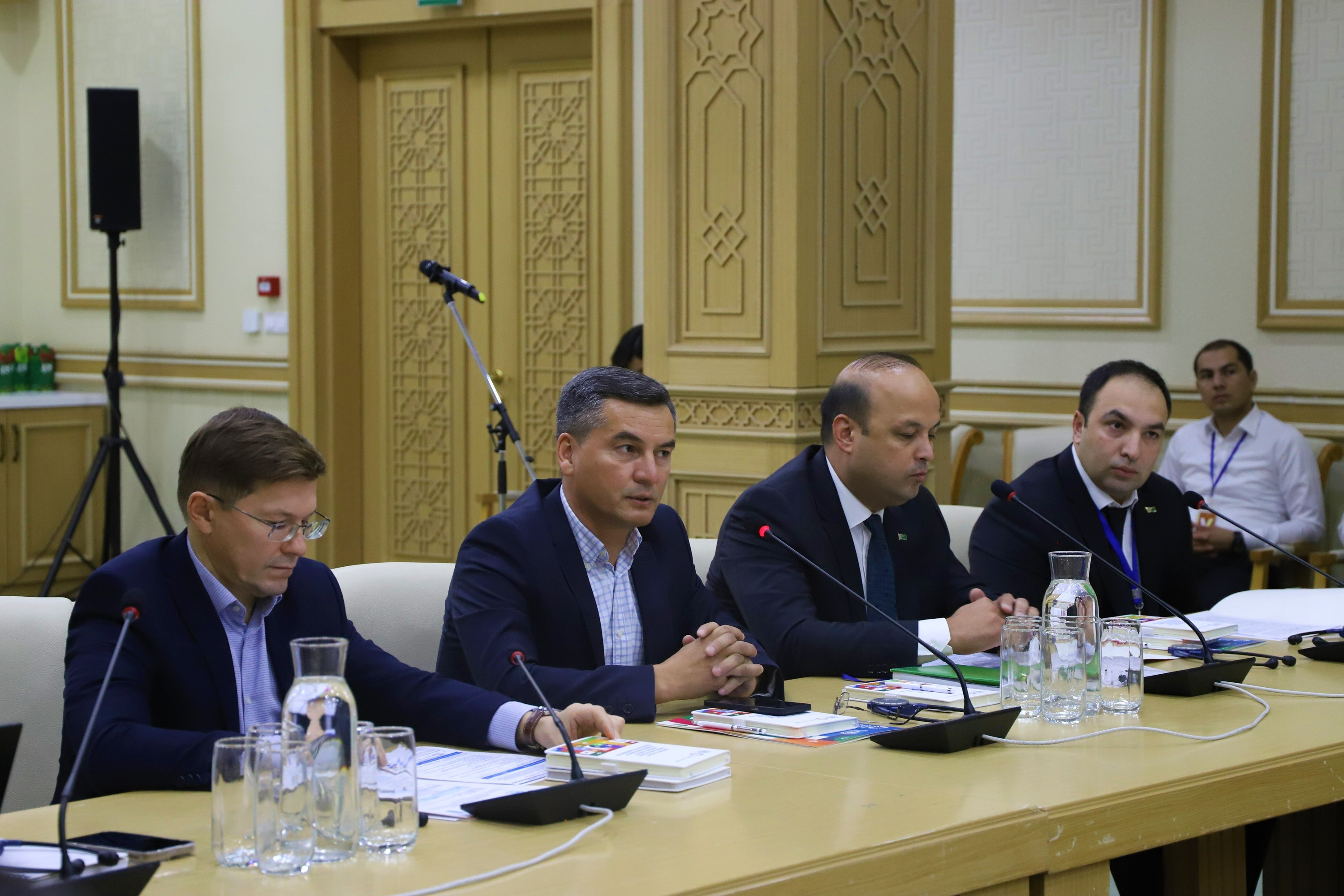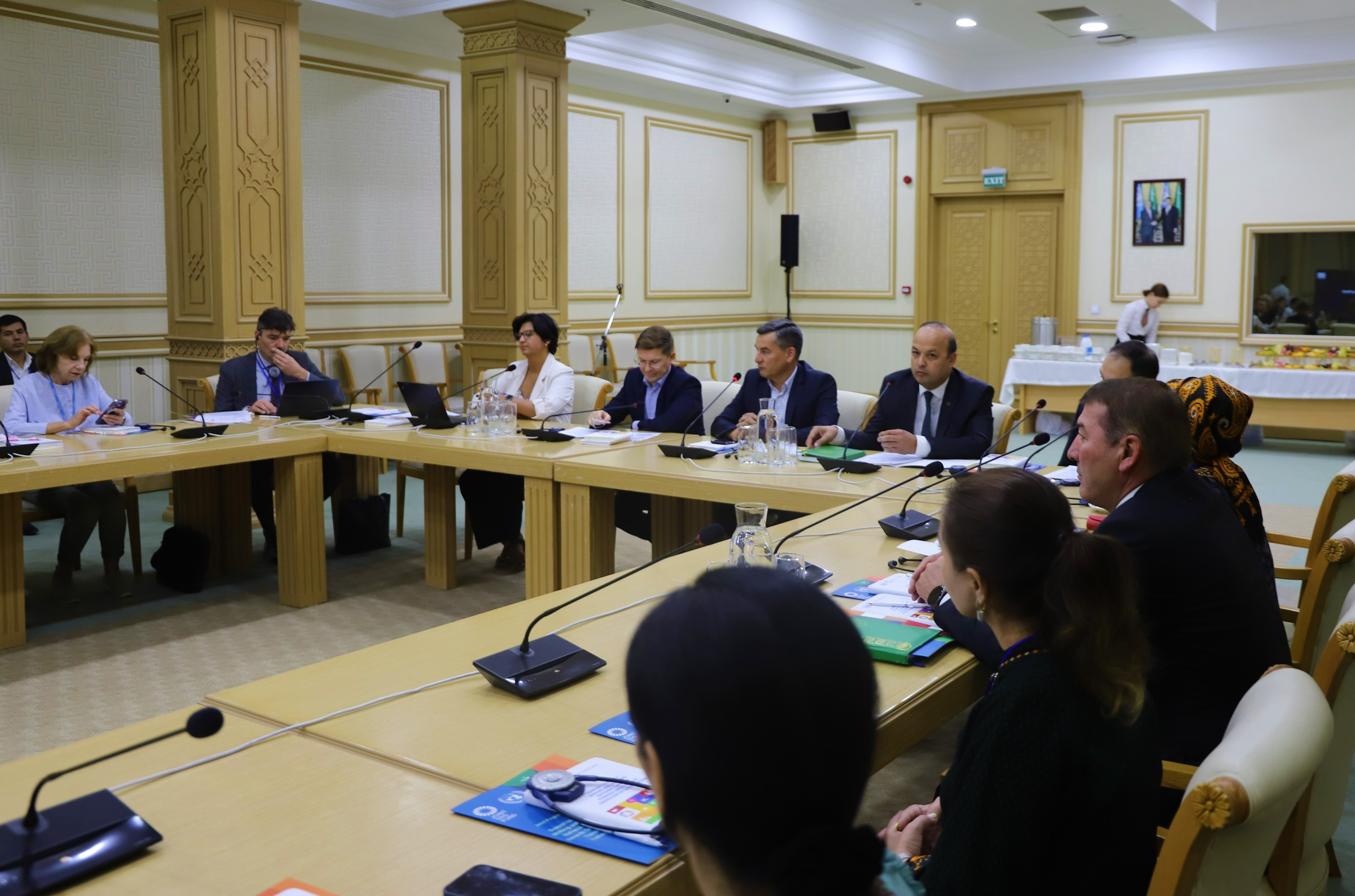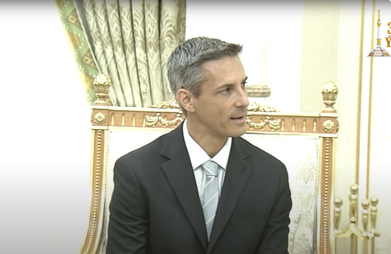UNDP and UNECE Support the Development of Renewable Energy in Turkmenistan
05.09.2025 | 23:55 |The United Nations Development Programme (UNDP), together with the United Nations Economic Commission for Europe (UNECE), held a two-day training seminar on 4–5 September 2025 at the UN building in Ashgabat titled “Applying Best International Practices to Ensure a Sustainable Energy Transition and the Development of Renewable Energy in Turkmenistan.”
The event was organized within the framework of the joint programme “Support to Policy Making and Building National Capacity towards Green Energy Transition in Turkmenistan,” implemented by UNDP and UNECE under the coordination of the UN Resident Coordinator’s Office in Turkmenistan.
The seminar brought together representatives from relevant ministries and agencies, academia, and organizations involved in implementing national energy policy, conducting research, and training personnel for the energy sector.

Participants learned about global renewable energy (RE) trends, with renewables supplying over 30% of global electricity generation in 2024 (International Energy Agency) and hydrogen emerging as enabler for future energy development. The event focused on key technological aspects of energy sector modernization, and international experience in regulating and promoting the use of RE and hydrogen.
Experts underlined that Turkmenistan has one of highest solar irradiation levels in Central Asia -averaging to 2500-3000 hours of sunshine annually – offering strong prospects for scaling up solar energy projects. Special attention was given to the best available technologies, tools, and models that can be used for a more precise assessment of Turkmenistan’s RE potential. Opportunities for financing RE projects, including green bonds, climate funds, and public-private partnerships, were also analyzed.
Training included practical tools and models for assessing prospects for using RE and hydrogen in Turkmenistan, development of RE projects, integration of energy storage systems aligned with international best practices supporting the energy transition and approaches to planning and implementing projects in the energy sector.
In addition, the event featured also a segment dedicated to methane emissions during which participants discussed the current relevant domestic regulations and explored opportunities for improvement of the Turkmenistan’s general legal framework addressing that matter in order to limit the carbon footprint of the local oil and gas industry.

At the conclusion of the seminar, all participants received certificates and training materials, which can be used by a wide range of stakeholders in implementing national energy policy and for educational purposes.
The joint programme titled “Support to Policy Making and Building National Capacity towards Green Energy Transition in Turkmenistan”, funded by the Joint SDG Fund, aims to enhance Turkmenistan's capacity for a green energy transition by assessing current resources and technological needs, developing strategies for renewable energy, and ensuring social protection and skills development for the workforce affected by this transition.
The program focuses on enhancing Turkmenistan's green energy transition by building national capacity and supporting policymaking. It actively engages stakeholders to assess energy sector needs, develop strategies for renewable energy, and promote energy efficiency, aiming to achieve significant SDG targets. By integrating climate measures into national policies, the program contributes to sustainable development and climate resilience, ultimately advancing the country's commitment to a carbon-neutral future.
ORIENT











